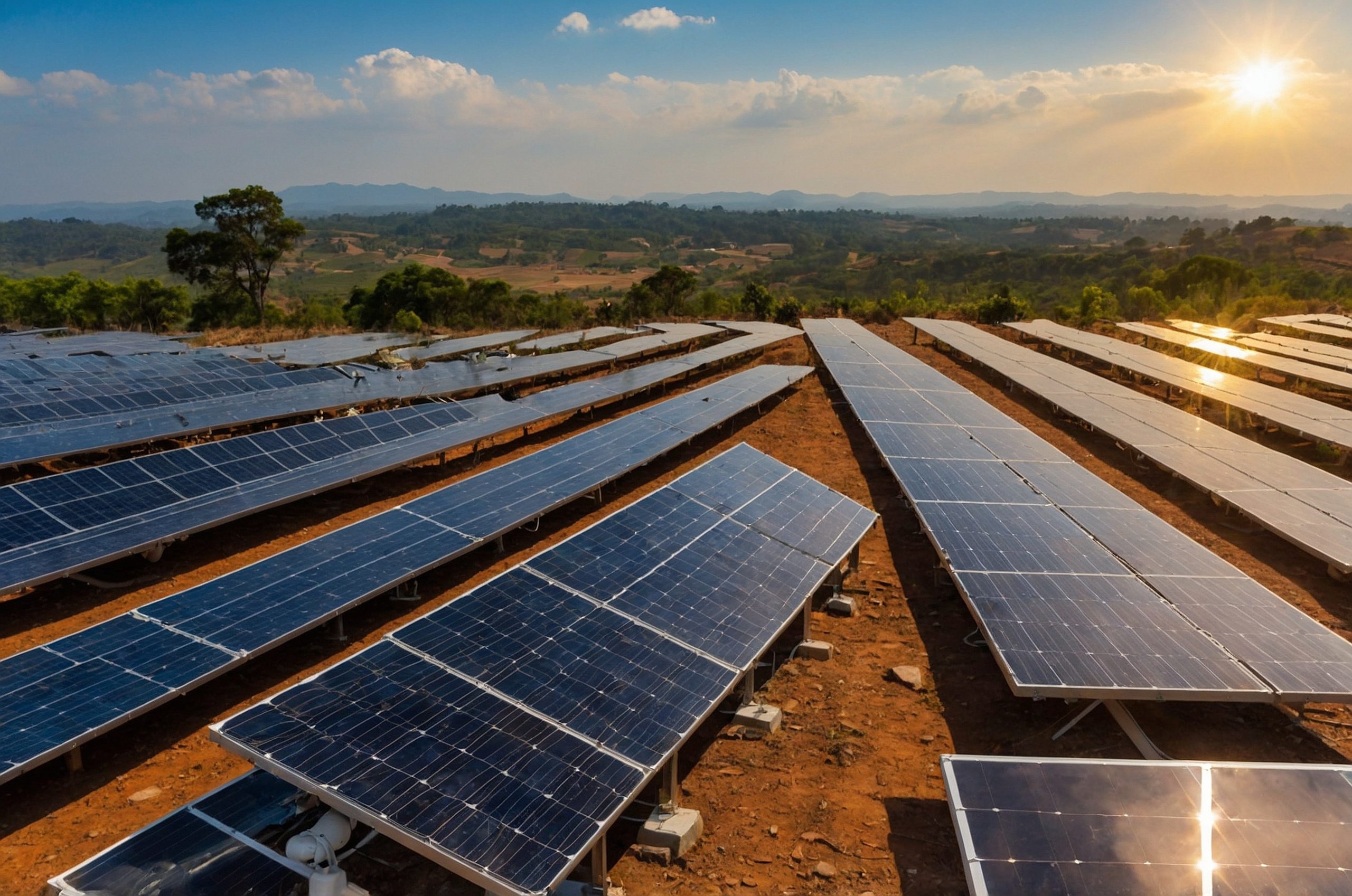HSBC has withdrawn from the United Nations-backed Net Zero Banking Alliance (NZBA), becoming the first major UK lender to do so, in a move campaigners have described as a worrying indicator of the bank’s commitment to tackling climate change.
The decision raises concerns over the stability of global climate finance cooperation and may prompt further exits from UK financial institutions. HSBC’s departure follows a string of withdrawals by major US banks—JPMorgan Chase, Citigroup, Bank of America, Morgan Stanley, Wells Fargo and Goldman Sachs—amid a broader retreat from climate pledges in anticipation of Donald Trump’s return to the US presidency.
A founding member of the NZBA in 2021, HSBC previously championed the alliance, with former chief executive Noel Quinn calling for an “industry-wide collaboration” and a “robust and transparent framework” for achieving net zero emissions. The NZBA requires members to align their financing activities with net zero greenhouse gas emissions by 2050 or earlier.
HSBC’s exit comes just months after it delayed key climate goals by two decades and introduced a long-term bonus plan for chief executive Georges Elhedery, which scaled back environmental performance measures.
Jeanne Martin, co-director of corporate engagement at the climate finance group ShareAction, called the withdrawal “a troubling signal” that could undermine international progress. “It sends a counterproductive message to governments and companies, despite the multiplying financial risks of global heating and the extreme weather it will bring,” she said. “Investors will be watching closely how this backsliding move will translate into its disclosures and policies.”
In a statement, HSBC acknowledged the NZBA’s role in shaping early climate frameworks but defended its departure. “With this foundation in place, we have decided to withdraw from the NZBA as we work towards updating and implementing our own net zero transition plan,” the bank said. “We remain resolutely focused on supporting our customers to finance their transition objectives and on making progress towards our net zero by 2050 ambition.”





















